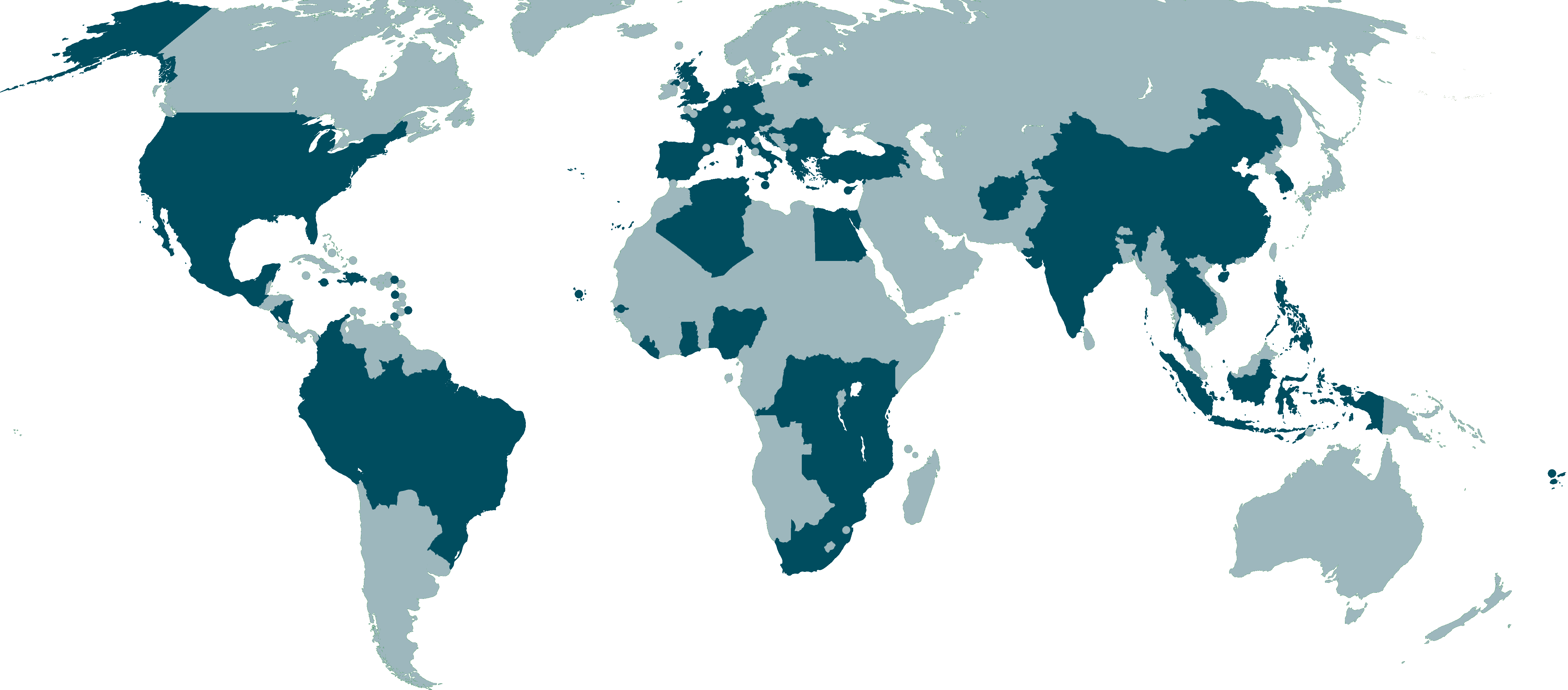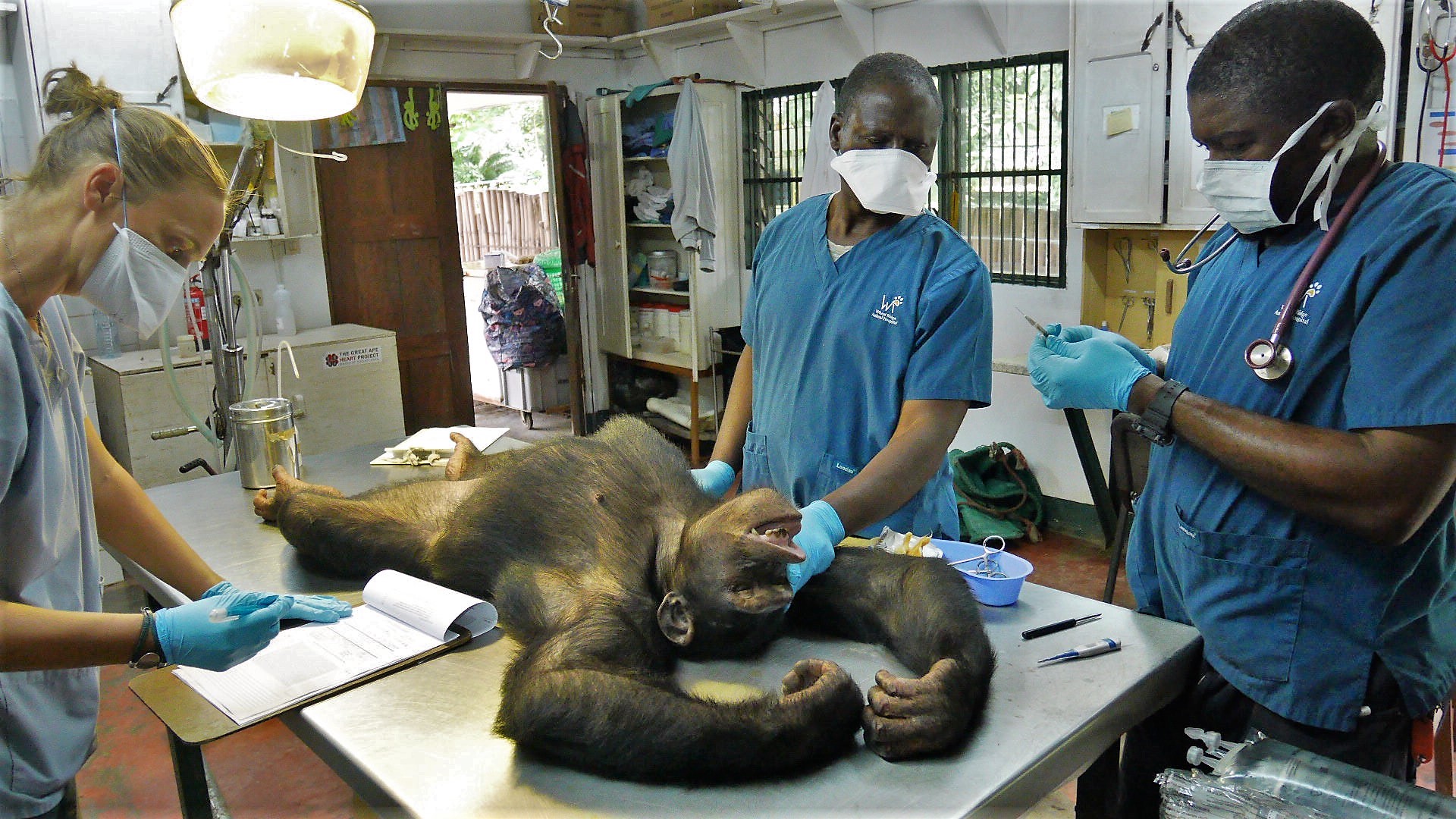Sending veterinary aid parcels all over the world is at the heart of our charitable efforts. The offer of our support is open to non-profit organisations working to care for animals, wherever they are in the world. All species, any condition and every location – if we can help, we will.
From flea treatment sent to protect infected puppies from deadly anaemia in sub-Saharan Africa, to a dental de-scaling kit provided to help previously captive bears avoid malnourishment in Laos, we’ve sent a myriad of supplies all over the world.
In 2019 we...
Sent 1,134 parcels
Filled with supplies worth over £280k
To 66 different countries

Saving street dogs in Mozambique
In April 2019, we were asked by Animal Welfare ILHA in Mozambique to urgently help them deal with massive tick infestations for the street dogs in their care.
One dog had tragically succumbed to preventable tick-borne diseases and many more were at risk of chronically suffering too.
Flea and tick treatments were quickly packaged up and dispatched – arriving in time to protect all of the dogs. This is just one example of how providing the most basic of supplies can end needless pain and suffering.

Axing pain for afflicted donkeys
When Tikobane Trust in Zimbabwe were using limited supplies to care for donkeys afflicted by horrific axe wounds, they turned to WVS for help.
The wound cream we sent was used to soothe the inflamed areas and promote healing, while the sterile dressings protected against infection.
We were delighted to receive an update in December 2019 informing us that all the wounds had healed fully.

You can help us send more much-needed parcels like these during the COVID-19 pandemic. If you can, please donate to our crowd funding appeal: https://www.crowdfunder.co.uk/help-animals-globally-during-the-pandemic Thank you
